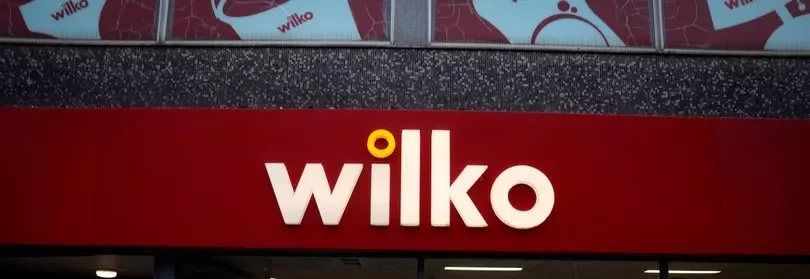
Wilko, formally known as Wilkinson, has been a prominent fixture in the UK retail industry for nearly a century. The chain initially carved out a niche for itself by offering a wide range of affordable household products, homewares, DIY essentials, and gardening supplies. However, over the past decade, it has faced increasing competition from online retail giants like Amazon and more agile brick-and-mortar competitors like B&M Bargains and Poundland.
The COVID-19 pandemic added further strain to Wilko’s already tenuous financial situation. Lockdown restrictions and social distancing measures disrupted footfall to physical stores, leading to a significant decline in sales. Despite attempts to bolster its online presence, Wilko struggled to keep up with the rapid digital transformation experienced by many of its competitors.
The pandemic also exposed vulnerabilities in the global supply chain, leading to inflationary pressures and higher operational costs for retailers like Wilko. As a company that relies heavily on imports, Wilko faced escalating expenses due to shipping delays and rising commodity prices. Additionally, labor shortages in the wake of Brexit added to the company’s woes, making it difficult to manage its supply chain efficiently.
Wilko’s precarious financial situation was further exacerbated by its substantial debt burden. The retail chain had taken on significant loans to finance expansions and improvements in an attempt to stay competitive. However, with dwindling profits and mounting debts, the company faced increased pressure from creditors and a lack of access to further credit, further constraining its ability to invest in growth and innovation.
Wilko’s struggle is not unique, as numerous other high street retailers have faced similar challenges and, in some cases, collapsed. If the company fails to secure a viable restructuring plan or new investment, it could result in significant consequences for both the company and the broader retail sector.
Thousands of jobs could be at risk if Wilko is forced to close stores or, in the worst-case scenario, declare bankruptcy. The closure of brick-and-mortar stores would also leave many town centers with empty shopfronts, contributing to the decline of the high street.
While the UK government has implemented various measures to support struggling businesses during the pandemic, the long-term sustainability of retailers like Wilko depends on their ability to adapt to changing consumer behavior, invest in digital transformation, and streamline operations to remain competitive in the evolving retail landscape.
Wilko’s potential collapse would mark another significant blow to the UK high street, highlighting the need for a comprehensive strategy to revitalize and support traditional retailers. It underscores the urgency for companies to embrace innovation, optimize their supply chains, and find ways to attract and retain customers in the digital age. As consumers continue to shift their shopping habits, retailers must adapt or face the risk of becoming yet another victim of the relentless changes in the retail sector.















